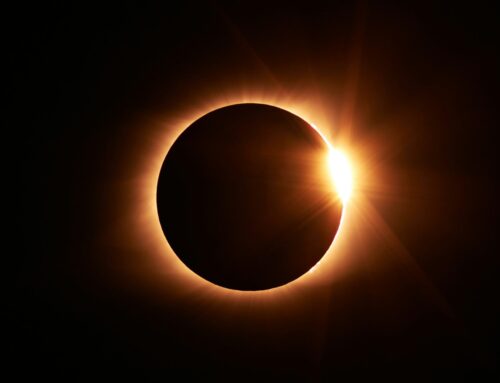Eric Nadel has been the voice of the Texas Rangers for the past 30 years as a sportscaster currently heard on KRLD 1080 AM. He has watched the team evolve for three decades, even writing an authorized team history in 1997 — something he calls “a labor of love.” But that attitude pretty much sums up his entire career. “I love what I do, and I don’t ever take it for granted. I feel blessed to be with the Texas Rangers. It’s been a great 30 years.”
Why did you want to be a sports broadcaster?
I’ve been a New York Yankees fan since I was a kid. One day, my father and I were listening to a game on the radio, and I asked him if announcers got paid, and he said yes. That’s when I knew what I wanted to be when I grew up. Getting paid to watch sports games seemed like a pretty good deal to me.
I understand you started as a hockey sportscaster. What was it like transitioning from hockey to baseball?
It was hard. My first few broadcasts for the Rangers probably sounded like baseball on ice. Hockey’s fast-paced, so you’re calling it play by play. In baseball, however, you have a lot of dead air to fill. You have to do a lot of research so you can make knowledgeable commentary in the downtime, and you have to rely on your personality to entertain the audience. In other words, you have to keep the audience from getting sick of you: I think that’s what separates a good baseball broadcaster from a not-so good baseball broadcaster.
What’s one of your more memorable moments as a Texas Ranger broadcaster?
This past season, the Rangers scored 30 runs in one game. That had never been done under modern rules. And they did it as a last-place team with a month to go in the season. They were out of the race for championships, and yet somehow they pulled it off. That’s what I love about this sport: It’s so unpredictable and so amazing, and you see things happen in these games that just don’t happen in other sports.
Aside from getting to witness great sports moments like that, what are some other job perks?
The fans: I get e-mails from people telling me they’ve listened to me for the past three decades and consider me a part of the family now. That’s great because that’s how I felt growing up when I listened to sportscasters. I even talk to other sportscasters in the field now who say that they grew up listening to me, and that’s a very cool feeling.
So, what’s next?
I’ll continue doing this until the day I no longer enjoy it, which will probably still be a while. Most sportscasters don’t ever want to quit; they get drug out kicking and screaming.






